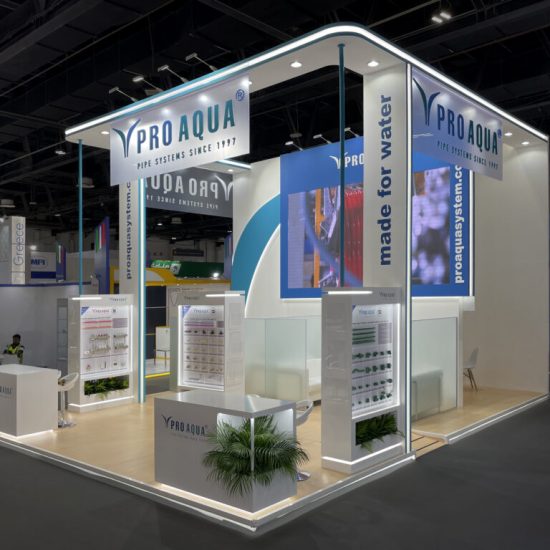Open-source application container project Docker has rolled out three new orchestration tools — Machine, Swarm and Compose 1.1 — to enable developers and sysadmins to create and manage a new generation of 100 percent portable distributed applications that were first announced at DockerCon EU in December.
“Distributed applications are dynamically evolving and in constant motion which is why Docker orchestration uniquely covers application portability at all phases of the application development lifecycle,” said Solomon Hykes, chief architect of the Docker Project. The new tools are designed to ensure complete freedom of choice in how and where multi-container, multi-host applications are being built and operated.
The Three New Tools
The first new tool — Docker Machine — offers developers and system administrators one portable command that both provisions the host infrastructure, then installs that engine. Twelve drivers are available for the beta release of Docker Machine, including Amazon Elastic Compute Cloud, Digital Ocean, Google Cloud Platform, IBM Softlayer, Microsoft Azure, OpenStack, Rackspace Cloud, VirtualBox, and VMware Fusion.
The second tool — Docker Swarm — provides native clustering as well as integrations with third-party tools and services. The system ensures a uniform developer experience at any scale, enabling developers to build and ship multi-container, multi-host distributed applications while maintaining the operational freedom to choose an infrastructure optimized for the performance and availability of the applications.
Swarm’s native clustering and scheduling capabilities can scale with the application development lifecycle from one laptop to spanning hundreds of hosts in production. Swarm’s scheduling capabilities determine the right host in a cluster for specific containers and then assign the right resources, while leveraging Docker Hub for its host discovery.
Finally, the third tool — Docker Compose — simplifies the developer experience in building and shipping distributed applications by allowing them to create multi-container implementations with simple declarative YAML files. Those files define which containers comprise the applications and the links that they have to each other.
Docker Crazy
We reached out to Paul Burns, an analyst with Colorado-based Neovise, who told us he views the new group of products as a solid, logical step forward for adding better automation and manageability to the Docker ecosystem.
“The cloud industry, DevOps, and really the broader IT industry, has already gone Docker crazy,” said Burns. “These tools will make it even easier and faster to provision Docker-ized applications in the environment of their choice and handle management at scale.”
Burns noted that one thing to consider is that Docker adoption has moved so rapidly that many in the industry haven’t had time to consider other container alternatives. In fact, until late last year, there weren’t many alternatives, he said.
“Rocket is another container technology that has some advantages, including independent specifications and implementations. It adds some competition for Docker, which is healthy for improving containers over the longer term,” he said. “I’d really like to see management tools that support Docker and Rocket just as well. Rocket is intent on making tools independent of the underlying container technology.”
This entry passed through the Full-Text RSS service – if this is your content and you’re reading it on someone else’s site, please read the FAQ at fivefilters.org/content-only/faq.php#publishers.





